Nurses share a side to their profession that most people don't see
Tonia Faust, Louisiana State Penitentiary, Angola, Louisiana

Goldie Baker Huguenel, Interim LSU Public Hospital, New Orleans, Louisiana
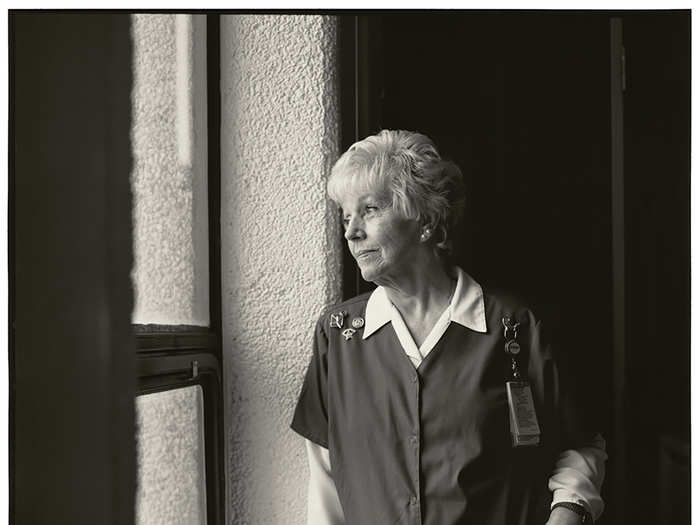
"I was born in New Orleans and have always lived here. I am probably the oldest nurse around here."
"[When] Hurricane Katrina hit, [she was] mean. Dealing with Katrina was like dealing with the death of a city. Some things die and never come back. What I remember most about being in the hospital during Katrina was that not one nurse would leave until each and every patient had been evacuated. The patients in the ICU on the twelth floor were carried down on spine boards in the hot, dark, slippery stairwells, and everyone did a hero's job of it. There was no panic, no one screaming to get out or anything like that. It was amazing."
Venus Anderson, Nebraska Medical Center / LifeNet, Omaha, Nebraska
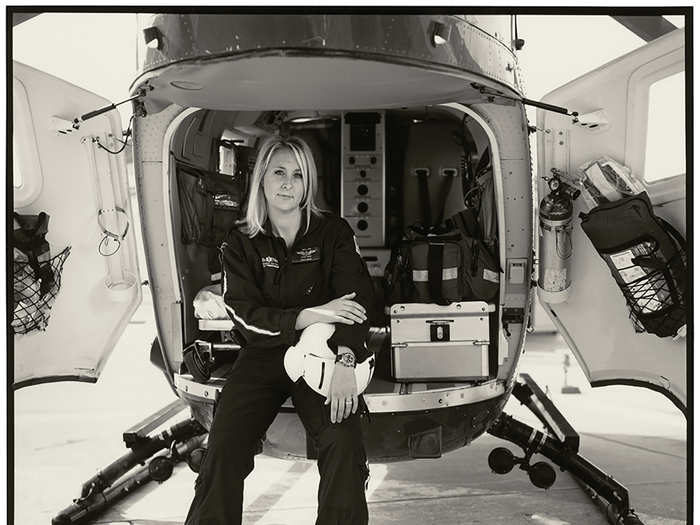
"Four years ago, my father was in a motorcycle accident. He was injured badly...and another flight team [of nurses] went out to get him. He did not survive, he died at the trauma center. And that shook my whole foundation because my father was the most amazing man. When he died, it changed everything. That was the first time, when I came back to work, and everything was personal."
"I use to, when we would go somewhere, I would not want to know a name and make it personal. But after dad died, I made a point to talk to the families before I took their loved ones. I took those two minutes to go out and say 'My name is Venus, I'm going to be flying your husband, brother, mother, wife, to Omaha. This is what I'm going to do, this is how you're going to know we made it ok — I'll call you and let you know how it went.'"
"That's something I never did before. When I would get to the trauma center, I would call the family every time — because the one thing that killed me, when that whole process [with my dad] was going on, was not knowing what was going on with your loved one. It's a piece in transport nursing that gets missed a little bit, because we are so about moving fast — and it's important to move fast, but, before where I may have thought that was a little bit of a waste of time, after that point, it wasn't a waste of time anymore — it was important."
Diahann Barthelemy, Montefiore Medical Center, Bronx, New York
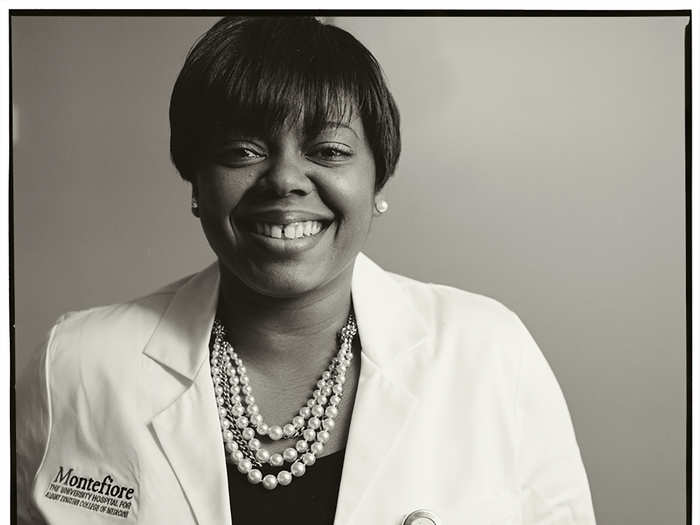
"Most [nurses] come into this [profession with the] mindset that we're going to fix everything, and cure everybody, and everybody is going to go home well. And I think that's why I originally stuck to the surgical path, because what happens in surgery most of the time is that the patient has an event, it needs a little fixing, we fix them, and we send them home. But as I stayed here, I learned that wasn't always the case. There are some things we can't fix. Patients do get sicker, and they come back."
"I had to deal with that emotional aspect. And me, spiritually, I grew in the sense that patients will always say 'Pray for my family member,' or, 'Pray for me that I get better.' And once I understood that all the times our prayers are answered, but we may not be ready for that answer. So sometimes the answer is, to let this person go in peace, as humane as possible. And sometimes, the answer is yes, they're get better and they'll go on. But to me, being a nurse is someone who's caring and understanding, and wants to make a difference."
Elisa Frazer, Tidewell Hospice, Port Charlotte, Florida
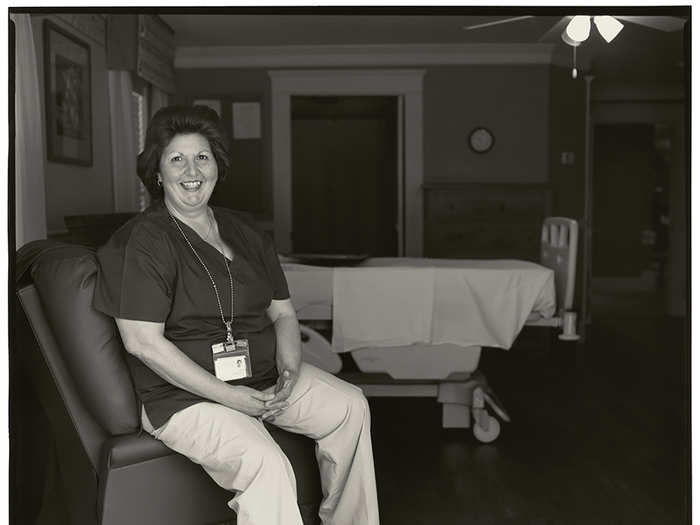
"As a nurse I always fix things, that's what I was trained to do, to help people and fix them. As a hospice nurse, I realized that I can still fix things, and how I fix them is I make them better for a person to transition from this life into their next life in a smooth, comfortable way. I can fix it so that they're not in pain, I can fix it so they're not vomiting 24 hours a day. I can fix it that they can even take a spoon full of ice cream and say 'Oh god, that's delicious,' because it might be their last spoonful of ice cream."
"I can fix it that if their daughter who lives in New Jersey can't be here, I can transfer that phone call and sit with that patient and hold the phone for her, because she doesn't have the strength to hold the phone to ear, and say 'Your daughter Mary is on the phone, she wants to tell you she loves you,' and encourage [the patient] to have the strength to say 'Hi Mary,' so that her daughter feels that at least she got to hear her mother's voice."
Charlotte Ramey, Big Sandy Community and Technical College, Prestonburg, Kentucky
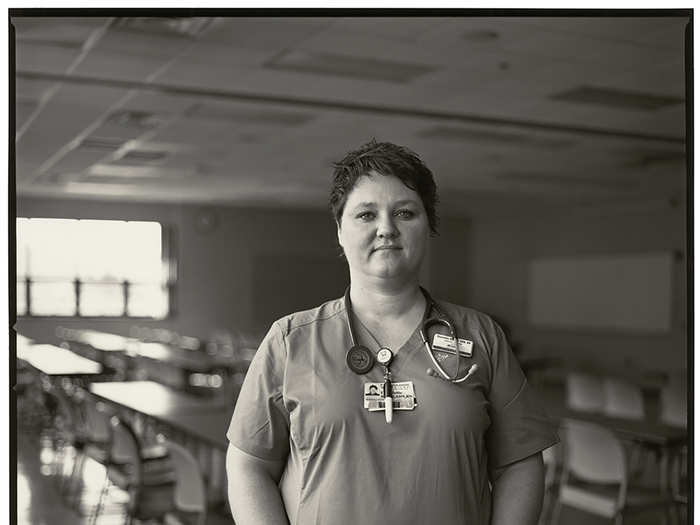
"I've done some hospice work in the an Appalachian hospice, so I've dealt with a lot of respiratory disease. It's very hard here in eastern Kentucky because people want to work where they live and were raised, and coal mining is where the money is for these people. It seems like everybody around here is touched in some way, shape, or form by black lung disease. No one in my immediate family worked in the coal mines, though my dad sold and serviced coal trucks."
"[As a college instructor] I like teaching young people because I think nursing is a dying art. It has become so much of a business. Patients come in and go home so quickly that we have forgotten the caring side of what they need. I tell my students there is nothing more satisfying than when a patient says, 'I don't think I could've gotten through this if you hadn't been my nurse.'"
Sharon Kozachik, The Johns Hopkins University School of Nursing, Baltimore, Maryland
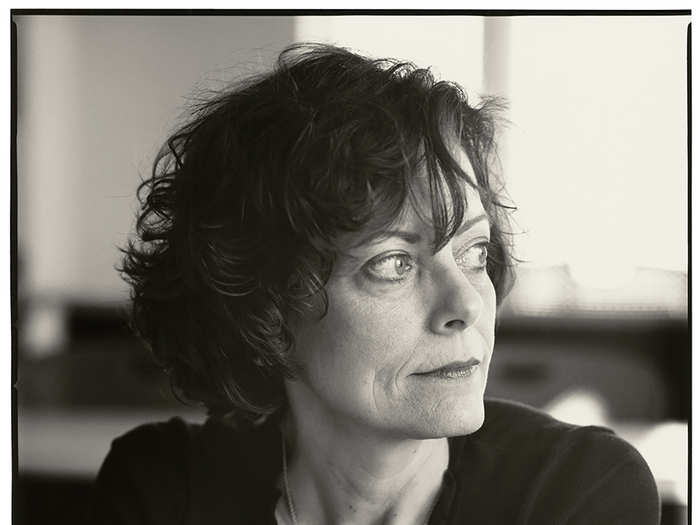
"I am an assistant professor in the Acute Chronic Care Department in the School of Nursing at Johns Hopkins Univeristy. I believe that a nurse is not just there to administer to patients; we also serve as role models. Nursing has always been an occupation that's highly trusted by the public, and I take that trust to heart. I always to be a good role model and provide the very best of myself and the best care."
"I hear two prevailing reasons why [my students] come to nursing: one is that they are looking for a recession-proof profession, and the other is that they once helped care for a loved on who was sick."
Peggy Arvin, consultant and private foster care for medically fragile children, Frankfort, Kentucky
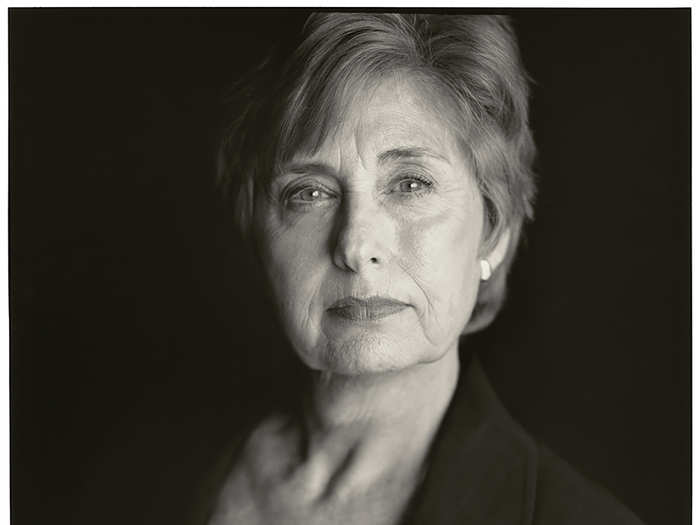
"I'm an RN and work as a nurse consultant for child-care agency that receives foster-care children with medical issues who are removed from their home, usually as a result of abuse of neglect. Our foster parents are trained in medial issues so that they can meet the needs of these children."
"The emotional part is rough for all of us. We have one child whose parents owed either meth or money to a relative who kidnapped the child and said, 'Every day you don't pay me, I am going to burn the child with a cigarette.' The two-year-old was brought into foster care, and we found 22 burn marks on the child."
"I've been doing this for 18 years, and it is still hard to comprehend."
Jason Short, Appalachian Hospice Care, Pikeville, Kentucky
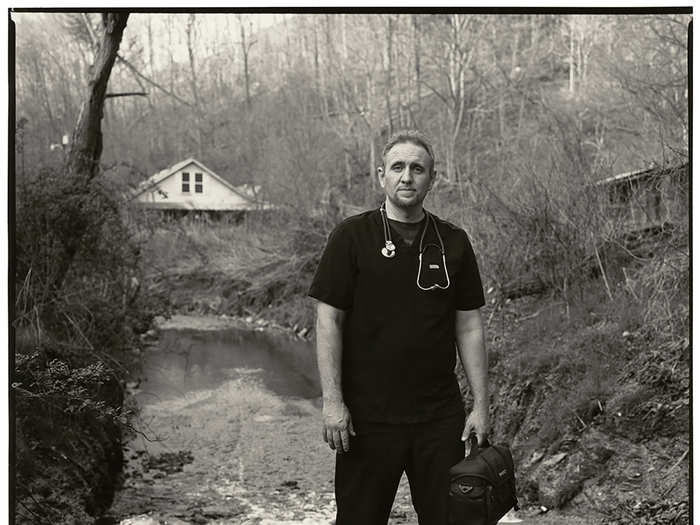
"What I love most about working with the [Appalachian Hospice] is getting to go out and see all the different types of people in their homes and their environment and get to help them in a setting that no one else is going to be able to get to."
"We have houses that are entrenched into the hillsides, we've had to call the fire department to have patients brought home to help propel them down the cliffs. We have one patient who — I don't know how they got their house, or why — it's up a creek. You have to drive up the creek for almost a mile, and it's got huge rocks of waterfalls you have to go up. I've been stuck, I've had my wheels hanging off the ground, I've had to build stone bridges, we've torn the mufflers off [our cars], we've bashed the underneaths of the vehicles — we're always sending our cars back to Toyota for repairs. You can't [send an] ambulance, it wouldn't be safe to take a large vehicle. But I love getting out there and going to places that would otherwise not see help."
Darlene Lucas, Tidewell Hospice, Venice, Florida
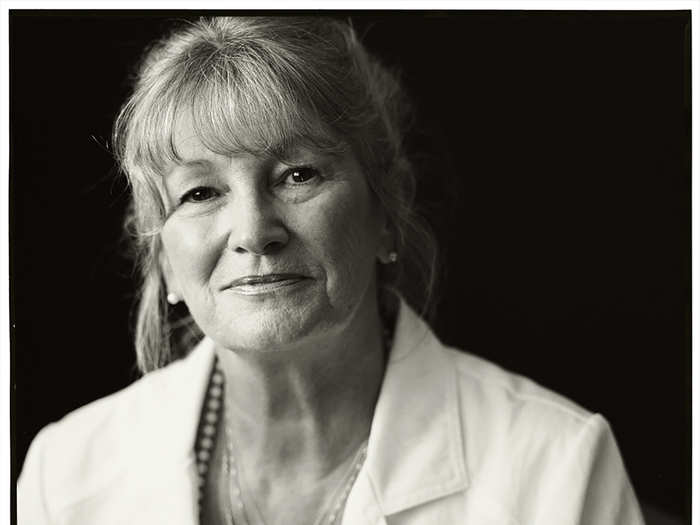
"There's so much joy in [hospice care]. You touch the lives of so many incredible people, their families, their stories — their stories are wonderful. I had a lady who lived to her 100th birthday, she was alert and oriented, she had a lot of cardiac disease. She couldn't make her legs work. And, she had a daughter that had cancer, and she didn't want to be a burden on her daughter, so she requested hospice services herself."
"She lived through a year and half of that. We saw her 99th and 100th birthday, and holding hands with her while she travelled the journey was just incredible. [She was] someone who I would walk into the room, and before I could ask her how she was she would say 'And how are you?' She very much followed politics, the stock market, she amazed me - she was on email on the time, and I'll never forget her, Mildred."
Popular Right Now
Popular Keywords
Advertisement